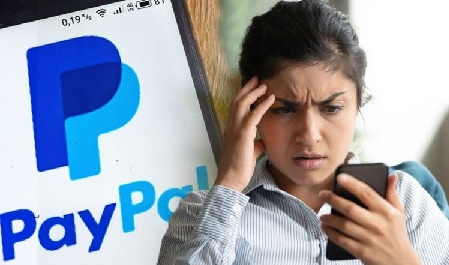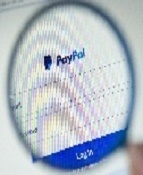PayPal Scams
How to protect your funds kept in PayPal from scammers?
Millions of people all over the world use mobile-friendly digital wallets for receiving and transferring funds. Statistics and researches reveal that transaction worth billions of dollars takes place effectively only through digital apps that come with secured encryptions like SSL.
A growing number of online digital app users indicate that the demand for digital wallets will grow leaps and bounds in the future. That being the case, digital wallet users are prone to cyber-attacks, and phishing scams.The scammers and cybercrooks create fake IDs in reputed money exchange portals like PayPal and send varieties of text messages to premium account holders to siphon off their hard-earned money lying in their digital wallets.
To safeguard your funds in PayPal from scammers, prioritize security measures. Enable Two-Factor Authentication (2FA) for an extra layer of protection. Regularly review account transactions and report any anomalies promptly. Verify emails and avoid clicking on suspicious links. Use a strong, unique password and secure your associated email account. Refrain from conducting sensitive transactions on public Wi-Fi. Keep your device's software and antivirus updated. Consider using a dedicated email for PayPal and stay informed about common scams. Lastly, report any suspicious activity to PayPal immediately for swift action against potential threats.
How PayPal account holders can safeguard their data and funds?
- PayPal is one of the topmost online payment processors that has millions of active account holders. Innumerable transactions take place through this secured digital app platform in a day. It is trusted by millions of users throughout the world.
- The scammers and phishers lure the PayPal account holders and siphon off their money without a sign or signal. You can safeguard the money kept safely in your PayPal account if you follow the instructions listed below.

Never Share the PayPal User Credentials to others or third parties:
The credentials given by PayPal are a secured data that has to be preserved safely. You should never share PayPal user id and PW with third parties even on demand. If you accidentally share the user id and password with scammers or phishers then you may lose the entire amount that you hold in your PayPal account. You should never store the user ID and password inside your PC, laptop, and mobile devices since the scammers may steal your credentials without your knowledge and siphon off your money in no time.
Never share your PayPal user credentials with others or third parties. Your login information, including username and password, is sensitive and should be kept confidential. PayPal will never ask for this information through unsolicited emails or messages. Sharing your credentials can lead to unauthorized access, potential theft, and compromise of your account. If you receive requests for this information, treat them with suspicion and report such incidents to PayPal. Protecting your login details is crucial to maintaining the security of your PayPal account and preventing unauthorized transactions or access by scammers.
- Never interact with scammers or phishers:
The cybercriminals will send you a professional chat message, SMS, or voice mail and request you to reply to it. If you start interacting with the scammers, they will try to extract your PayPal credentials and steal your money. If you receive messages, emails, voice messages, or MMS from strangers requesting you to revert with PayPal credentials, then you should escalate it to concerned officials. Lots of scams related to online lottery, casinos, and money transfers have come to light after the cybersecurity force intervened and notified the same on online social media and networking channels.
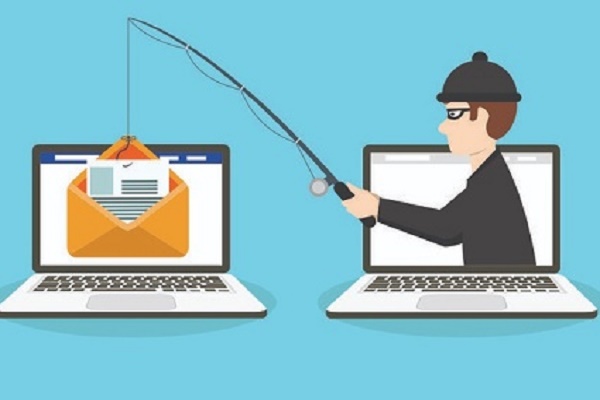
Stop interacting with scammers or phishers since these activities will only aggravate the problem. You should write to the PayPal support team highlighting the nature of scams and ask for a quick resolution.It is worth noting that PayPal never initiates refunds or reimburse the money which you have lost to scammers and it will only escalate it to concerned authorities. Hence, the responsibility of transacting safely through PayPal rests with you.
- Messages related to PayPal password change:
PayPal online digital payment gateway users may receive a text message from unregistered mobile numbers which will carry messages like 'We are making certain important changes in your PayPal account settings and request you to share your PayPal password immediately. You should forward this message immediately and alert the cybersecurity force. They will take necessary actions and update the status. Never delete the message or keep silent after receiving it.
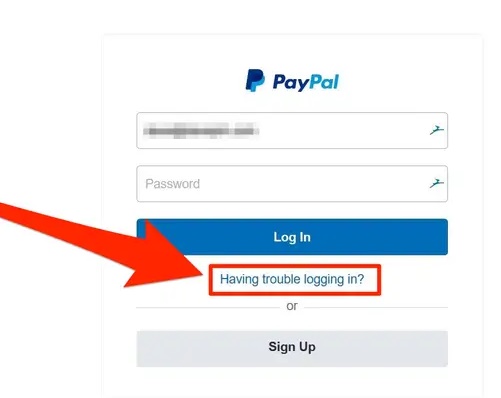
- Fake UPI account links with PayPal:
Around 71% of online fund transfers happen only through branded mobile-friendly digital apps like PayPal. There is also a spurt in online fund transfers made through UPI transaction methods. As a responsible PayPal user, you should never spare the UPI password to scammers, phishers and protect your credentials safely.
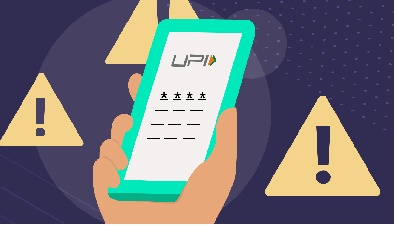
The Consumer Financial Protection Bureau (CFPB) is one of the reputed bureaus that handle cyber-related complaints. It has received around 10000 complaints which is a ten-fold increase compared to last year.During the widespread COVID pandemic, the reputed online payment gateways like PayPal received maximum complaints related to UPI transaction frauds. It has also cautioned the members several times to exercise caution while transferring the funds to third parties using UPI links.
PayPal digital wallet users start embracing fingerprint and face recognition technologies:
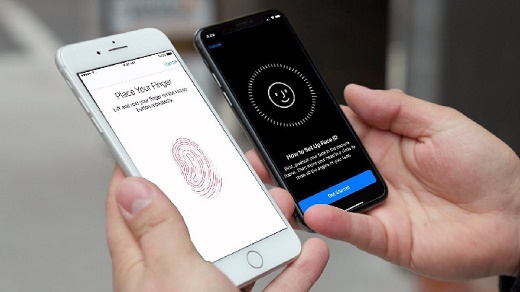
Business professionals and individuals who regularly transfer and receive funds through PayPal should embrace the latest technologies like face recognition and fingerprint. By adopting these latest technologies, you can protect your money from cyber-attacks. PayPal account holders should regularly change their PINs and check their transaction histories to rule out cyber-attacks.
Identity-related frauds have seen a detrimental increase in the last few months:
It is imperative to note that the number of cases related to identity scams has increased multi-fold during the COVID pandemic. The estimated losses as projected by the cybersecurity force are around 65 billion dollars.

Scammers use fake methods to extract money from the innocent PayPal Users:
There was a recent scam in the USA which went viral on online channels. A PayPal user received a professional email from scammers detailing that it has tie-up with PayPal and selling wipe papers at discounted prices for PayPal users. She believed the scammers' email and accepted the offer. The scammer extracted money from the PayPal account and never delivered the products. She complained with PayPal, but to her dismay, she received a mail from PayPal that it was not responsible for scamming or phish-related complaints and requested her to escalate the complaint to the cybersecurity force.
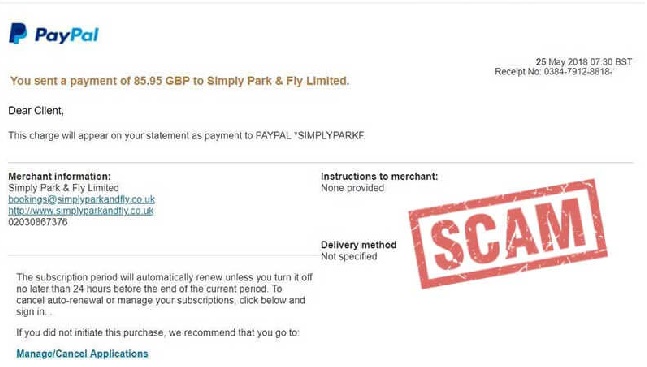
She felt disappointed after getting the reply and posted the scam on leading social media channels to bring awareness among the public. PayPal users should never believe the alert, marketing messages, and emails sent from unknown destinations and provide PayPal credentials to third parties.
